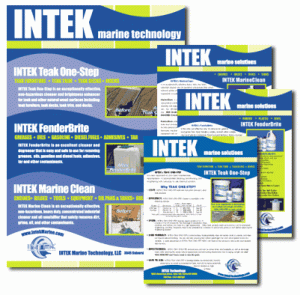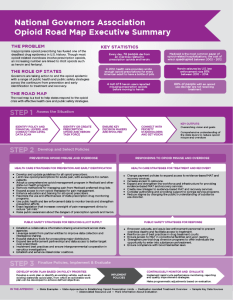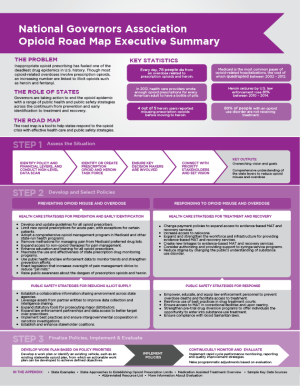
Writing the content for your website can be a daunting task. After all, for your website copy to be effective, useful, and easily found in the search engine results pages (SERPS), you need to write your website to appeal to both humans and search engines.
What’s more, you need to understand how people “read” a website and how people interact with websites, while also guiding them through calls to action, and providing valuable information to them at the same time.
WHEW!
Yes, it might seem like a arduous task, but writing the content for your website doesn’t have to be painful or overly difficult, you just need to follow a few guidelines and think more like a website user and less like a website owner.
Here are a few tips to help you to get started writing the content for your website …
- Keep it simple. Web visitors don’t want to waste time. They want to find the information they need quickly and easily — they don’t want to dilly-dally! I mean, really … who has time for that? Make your web content simple, straightforward, easy to find and easy to understand.
- Make it “scan-worthy”. People read websites and computer screens differently than they read printed paper. Most web users “scan” webpages to find the information they are looking for, so it’s important to write in short sentences, short paragraphs, and to include various headlines and bullet points throughout. Make your content easy to understand just by glancing at the page and without having to read every word on the page.
- Put the most important information at the top of the page. Your most important information should always come first on the page. In this “Inverted Pyramid” style, the most important information comes first and is then followed by the details and additional information. Remember that your users probably won’t read the entire page.
- Use familiar words and always keep search engines in mind. In order to make your copy search engine friendly, be sure to use words in your copy that other people might use to search and find you and your website. Avoid jargon, overly scientific words (unless required), or words unfamiliar to most readers. Include keywords in your copy, but don’t go overboard!
- Remember that users might enter your website on any page. Unlike reading a novel, web users don’t read a website from start to finish. And while you might think of your homepage as the “start” of your website, it’s important to remember that your web visitors can potentially enter your website on any of your web pages. What’s more, they can navigate your site in different ways too.
When developing the copy for your website, keep it in mind that each page is potentially the first impression a user may have of your website and your company! Every page on your website should be simple, “scan worthy”, include a call to action, and provide valuable information.
Writing web copy is no small feat
…and unfortunately, it’s often the most overlooked and neglected part of any web design or re-design project. While there is a lot to know and keep in mind when writing your web content, it doesn’t have to be an impossible task.
If you are comfortable writing and crafting effective marketing copy, you might want to take on the task of writing your web copy in house. After all, you should know your business better than anyone outside of your organization. If not, you might consider drafting some initial content and then turning it over to a web editor or writer to complete, or simply hiring a professional writer at the get go to draft your content for you.
Whatever you decide, just remember to keep your content simple, be specific without being wordy, include effective keywords throughout, and be consistent.




















